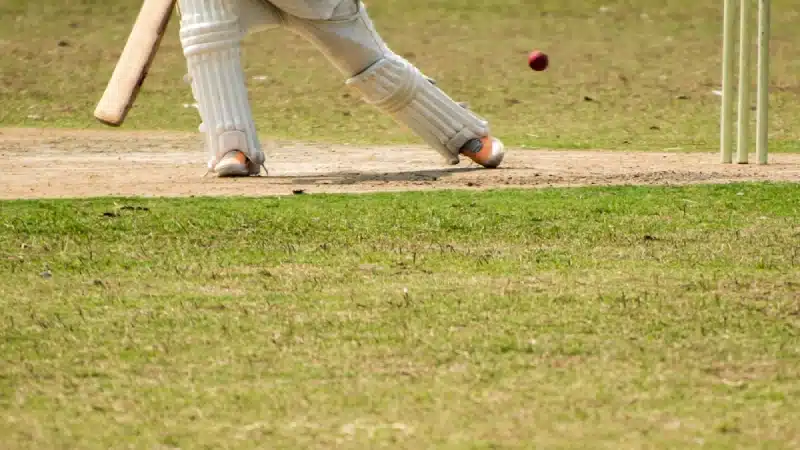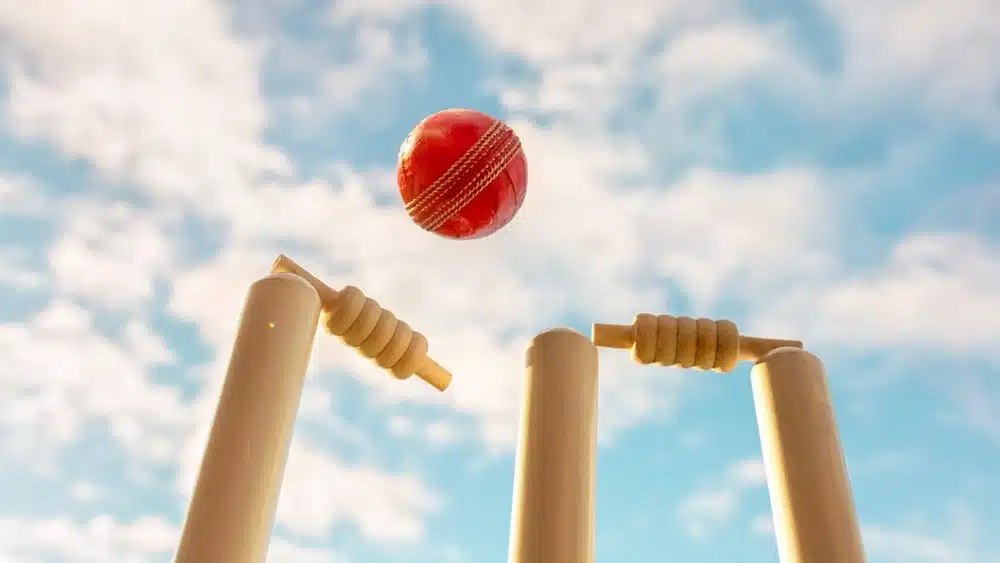
Australia overwhelmed England by 251 runs to win the first Test at Edgbaston on Monday. Here are three things we learned from the opening match in a five-Test clash for the Ashes.
Smith as good as he ever was
Any thoughts of Steve Smith being rusty on his return to Test cricket following a 12-month ban for his involvement in a ball-tampering scandal were dashed by his innings of 144 and 142.
His opening century of this Ashes series revived Australia from the depths of 122-8, while his second helped put them in a position to declare. By scoring hundreds in both innings of an Ashes Test, Smith achieved a feat even beyond Australia's Don Bradman, widely regarded as cricket's greatest batsman. Smith's Test average of 62.96 is now second only to Bradman's staggering 99.94 among batsmen to have played 20 innings at this level.
England captain Douglas Jardine resorted to infamous 'Bodyline' tactics in a bid to curb Bradman's run-scoring during the 1932/33 Ashes. That option is no longer available to current England captain Joe Root, who now faces the difficult task of planning a way to dismiss Smith while making sure his attack doesn't get a complex about bowling to the unorthodox batsman.
Smith top-scored with 687 runs at 137.4 during Australia's 4-0 home Ashes win in 2017-18 and the way he started at Edgbaston, impervious to the booing from home fans, looks like an ominous sign for England.
Spin to win
A dry and increasingly slow pitch was a surface on which spinners would expect to bowl well. But while Australia's Nathan Lyon took nine wickets in the match, including 6-49 in England's second-innings collapse to 146 all out, opposing off-spinner Moeen Ali offered nothing like the same threat or even control.
England will point to the fact that paceman James Anderson broke down with a calf injury just four overs into the game as an unlucky break -- although the fact their all-time leading Test wicket-taker already had a calf problem suggests their decision to field the 37-year-old was a calculated risk that did not come off.
It may be that England decide to bring in left-arm spinner Jack Leach for the second Test at Lord's, especially as Moeen's batting has now disintegrated to the extent he has four ducks in his last nine Test innings. Meanwhile World Cup-winning England fast bowler Jofra Archer will have to prove he has overcome a side injury before he can make a Test debut.
Batting contrasts
Before this series, many pundits thought that, given the strength of both attacks, batting rather than bowling would be the decisive factor in deciding the destiny of this Ashes.
Australia may have suffered a first-innings collapse, but the way middle-order batsman Travis Head made 35 before following up with 51 in the second innings was an encouraging sign for the tourists. Matthew Wade also struck a century
England have long had problems with their top-order but this match did see opener Rory Burns make a maiden Test century although some observers still harbour doubts about the left-hander's unorthodox technique. Of greater concern to England is that middle-order batsmen Joe Denly, Jos Buttler and Jonny Bairstow failed to fire at Edgbaston, with the latter two twice out for single figures. While there are arguments for retaining them individually, it is hard to see how they all feature at Lord's.
Wicketkeeper Bairstow's run of poor batting form - he has passed 30 just twice in his last 17 Test innings - could see him replaced by Ben Foakes, a better gloveman, who while not as good a batsman as the Yorkshireman, does have an average of over 40 at this level.
Feature Image Courtesy: AFP/ Lindsey Parnaby




















